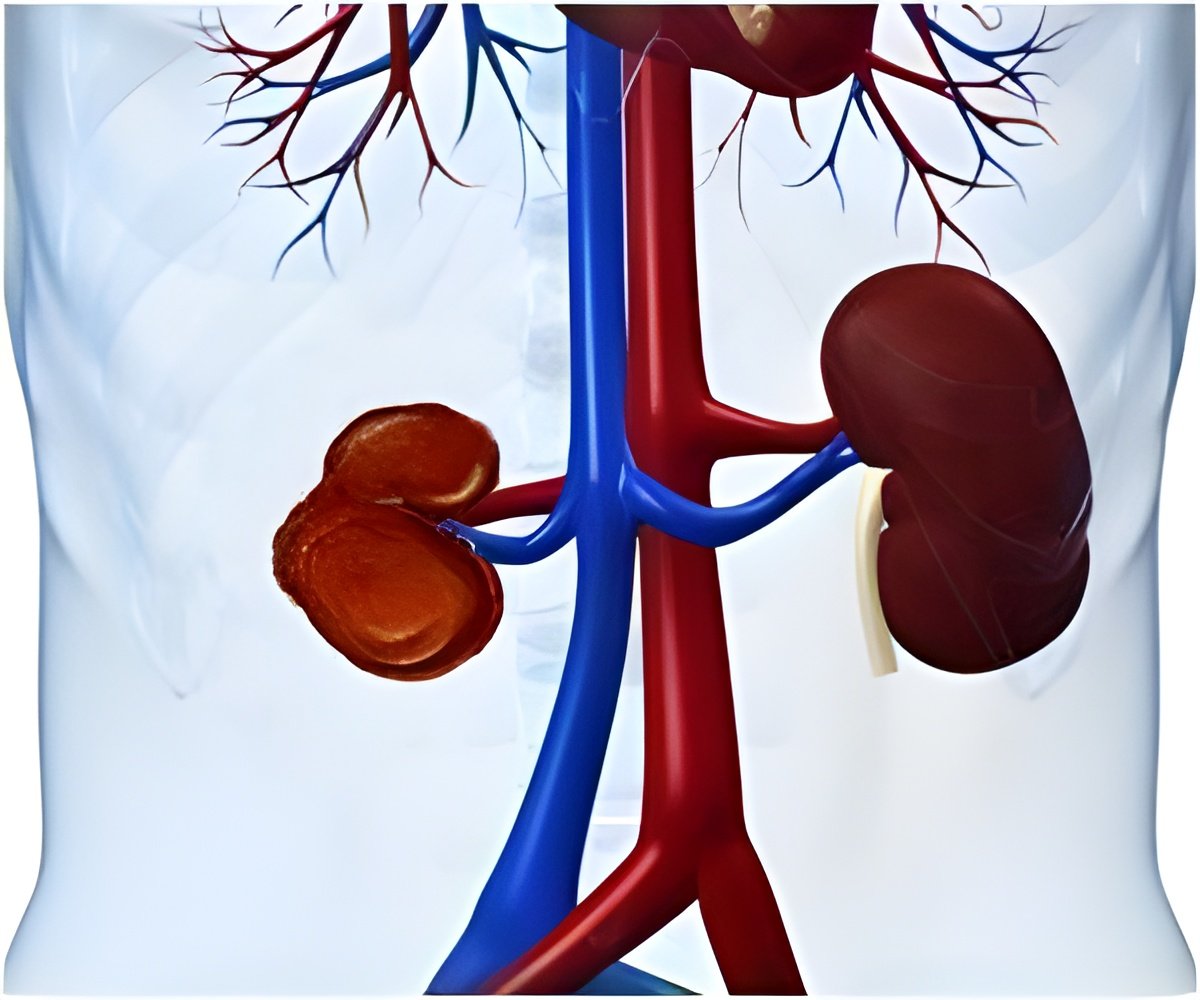Studies say that simple exercises can help improve the health of patients with kidney disease.

The researchers found that 12 months of exercise-based rehabilitation significantly slowed the rate of kidney function decline and improved cardio-respiratory fitness compared with standard care. "Exercise-based rehabilitation has the potential to be a kidney-protective therapy for patients with progressive stages 3-4 CKD, and larger studies are planned," said Dr. Greenwood. "Exercise, besides protecting the kidneys, also will improve fitness, general health, and quality of life and has the potential to reduce cardiovascular risk, a major cause of mortality and morbidity in patients with CKD."
In another study, Francesca Mallamaci, MD (National Research Council Institute of Clinical Physiology, in Italy) and her colleagues tested the effectiveness of a low-intensity, easy-to-implement, home exercise program on physical performance in dialysis patients. For the EXCITE trial, 151 patients were instructed to follow the cadence of an inexpensive metronome while walking, while 146 patients maintained their normal physical activity.
After 6 months, performance in a 6-minute walking test improved in the exercise group (with participants walking 41 meters more in that amount of time), but remained unchanged in the control group. A ‘sit to stand'' test also improved in the exercise group but not in the control group. "A personalized, low-intensity home exercise program improves physical performance in dialysis patients," the investigators concluded. "The simplicity and adaptability of the program make it suitable to the needs of a high-risk population such as the dialysis population."
Studies:
"Exercise Training Improves Kidney Function, Cardiovascular Health, and Cardio-Respiratory Fitness in Patients with Progressive Stage 3-4 Chronic Kidney Disease: A Randomised Controlled Study" (Abstract TH-PO722)
"A Personalized, Low-Intensity, Easy to Implement, Home Exercise Program Improves Physical Performance In Dialysis Patients: the Exercise Introduction to Enhance Performance in Dialysis (EXCITE) Trial" (Abstract FR-OR049)
Advertisement
ASN Kidney Week 2014, the largest nephrology meeting of its kind, will provide a forum for more than 13,000 professionals to discuss the latest findings in renal research and engage in educational sessions related to advances in the care of patients with kidney and related disorders. Kidney Week 2014 will take place November 11-16, 2014 in Philadelphia, PA.
The content of this article does not reflect the views or opinions of The American Society of Nephrology (ASN). Responsibility for the information and views expressed therein lies entirely with the author(s). ASN does not offer medical advice. All content in ASN publications is for informational purposes only, and is not intended to cover all possible uses, directions, precautions, drug interactions, or adverse effects. This content should not be used during a medical emergency or for the diagnosis or treatment of any medical condition. Please consult your doctor or other qualified health care provider if you have any questions about a medical condition, or before taking any drug, changing your diet or commencing or discontinuing any course of treatment. Do not ignore or delay obtaining professional medical advice because of information accessed through ASN. Call 911 or your doctor for all medical emergencies.
Advertisement
Source-Newswise














